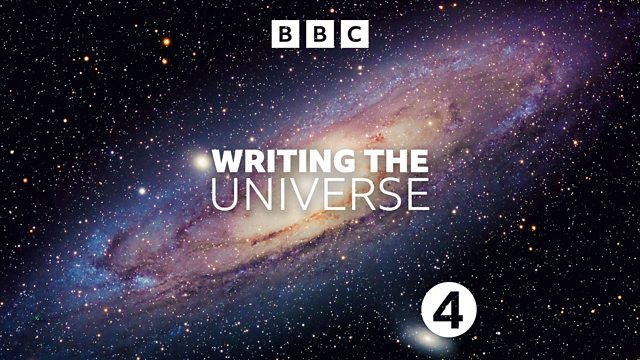In the beginning
Robin Ince explores ideas around the birth of the universe and wonders whether the phrase 'the big bang' has helped us understand how the cosmos came about.
From Shakespeare to Milton, writers have long been preoccupied with the birth of the universe, but there's still so much uncertainty about how the cosmos came into being. The phrase 'the big bang' is now part of our everyday language, but the astronomer Fred Hoyle coined the expression in frustration at the idea the universe burst into being and remained adamant throughout his career that it could never have happened.
So has the idea of a big bang ultimately proved unhelpful in explaining how the universe was formed? Philosopher and theoretical physicist Sean Carroll explains that not even scientists can agree what the term means, and says it's still not clear whether the big bang was even the kind of giant explosion many of us imagine.
For cosmologist Carlos Frenk, Dali's melting clocks are the best way of describing a time before time existed, and he explains how art and science are intimately intertwined, while the theoretical physicist Carlo Rovelli relies on metaphor to explain concepts that are often mind-bending in their complexity.
With contributions from fellow Infinite Monkey Cage presenter Brian Cox; physicist and philosopher Sean Carroll; astrophysicist Katie Mack; cosmologist Carlos Frenk, and theoretical physicist Carlo Rovelli.
Producer: Marijke Peters
Executive Producer: Alexandra Feachem
Soundscape Designer: Jane Watkins
Βι¶ΉΤΌΕΔ Studios Audio Production
Last on
Broadcast
- Mon 10 Jun 2024 11:00Βι¶ΉΤΌΕΔ Radio 4

